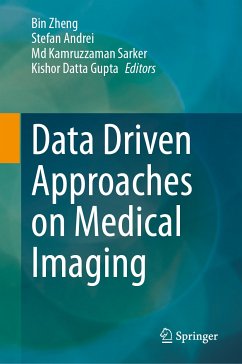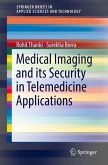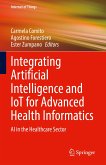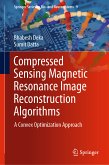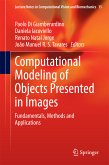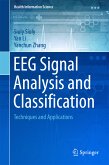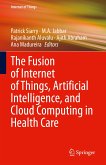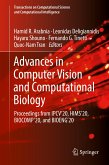This book deals with the recent advancements in computer vision techniques such as active learning, few-shot learning, zero shot learning, explainable and interpretable ML, online learning, AutoML etc. and their applications in medical domain. Moreover, the key challenges which affect the design, development, and performance of medical imaging systems are addressed. In addition, the state-of-the-art medical imaging methodologies for efficient, interpretable, explainable, and practical implementation of computer imaging techniques are discussed. At present, there are no textbook resources that address the medical imaging technologies. There are ongoing and novel research outcomes which would be useful for the development of novel medical imaging technologies/processes/equipment which can improve the current state of the art.
The book particularly focuses on the use of data driven new technologies on medical imaging vision such as Active learning, Online learning, few shot learning, AutoML, segmentation etc.
Dieser Download kann aus rechtlichen Gründen nur mit Rechnungsadresse in A, B, BG, CY, CZ, D, DK, EW, E, FIN, F, GR, HR, H, IRL, I, LT, L, LR, M, NL, PL, P, R, S, SLO, SK ausgeliefert werden.

